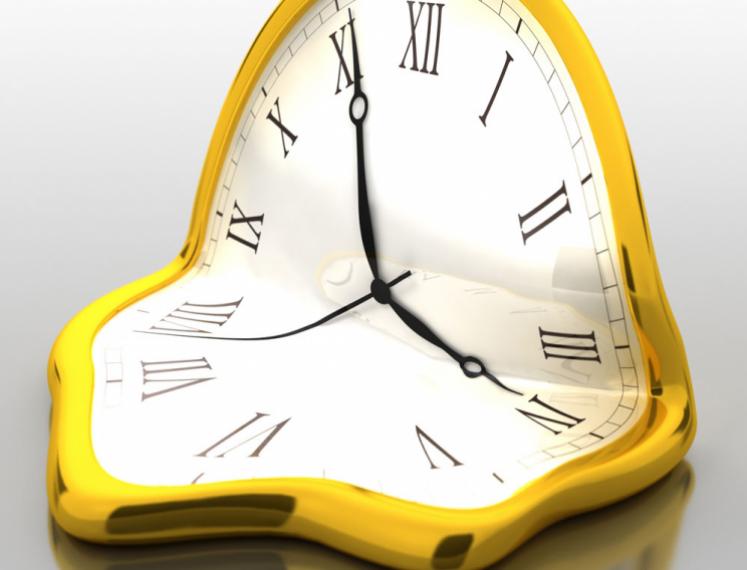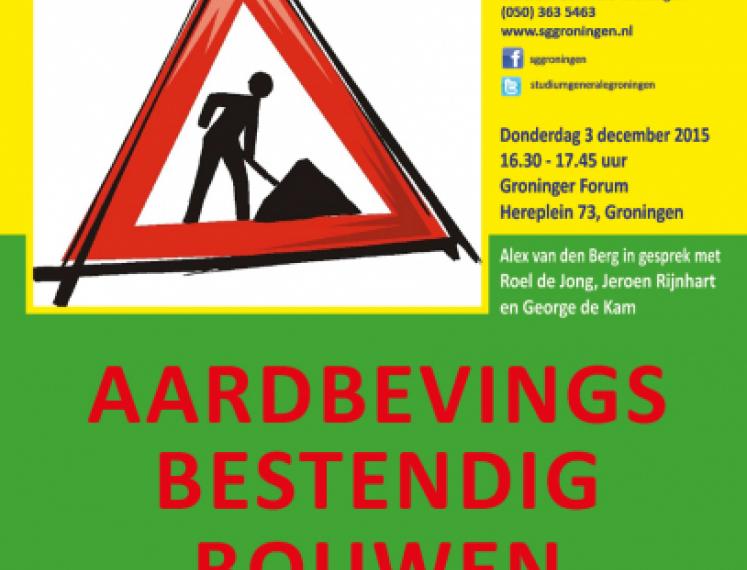
Academy Building
Broerstraat 5
Groningen
Netherlands
End of Daylight Saving Time and Then?
Every spring and winter we force ourselves into a tiny jetlag by switching the clock an hour forth and back. Hear what chronobiologists say about the drawbacks and benefits of daylight saving time.
This phenomenon we know as daylight saving time, was introduced in the Netherlands in 1977 due to the oil crisis. By introducing these measures the Dutch government wanted to make sure that society would profit from every hour of daylight, and save energy by doing so. Forty years later we are not so sure if this is an effective measure, both in terms of economic benefits, as the effects of this biennial jetlag on our health.
The debate is certainly not limited to the Dutch, but is transboundary. In August 2018, the European Union decided to reconsider daylight saving time. What will be the optimal choice for our ‘new’ permanent time? What arguments should this decision be based upon? Unity between countries? Or safety and health of citizens?
Marijke Gordijn is founder, shareholder and senior scientist of Chrono@Work where she focusses on improving the application of basic chronobiological knowledge in society. After finishing her Masters in Biology at the University of Groningen, she worked for more than 25 years as a scientist specialized in human chronobiology and sleep at both the department of Chronobiology at the University of Groningen and the department of Psychiatry at the UMCG.


